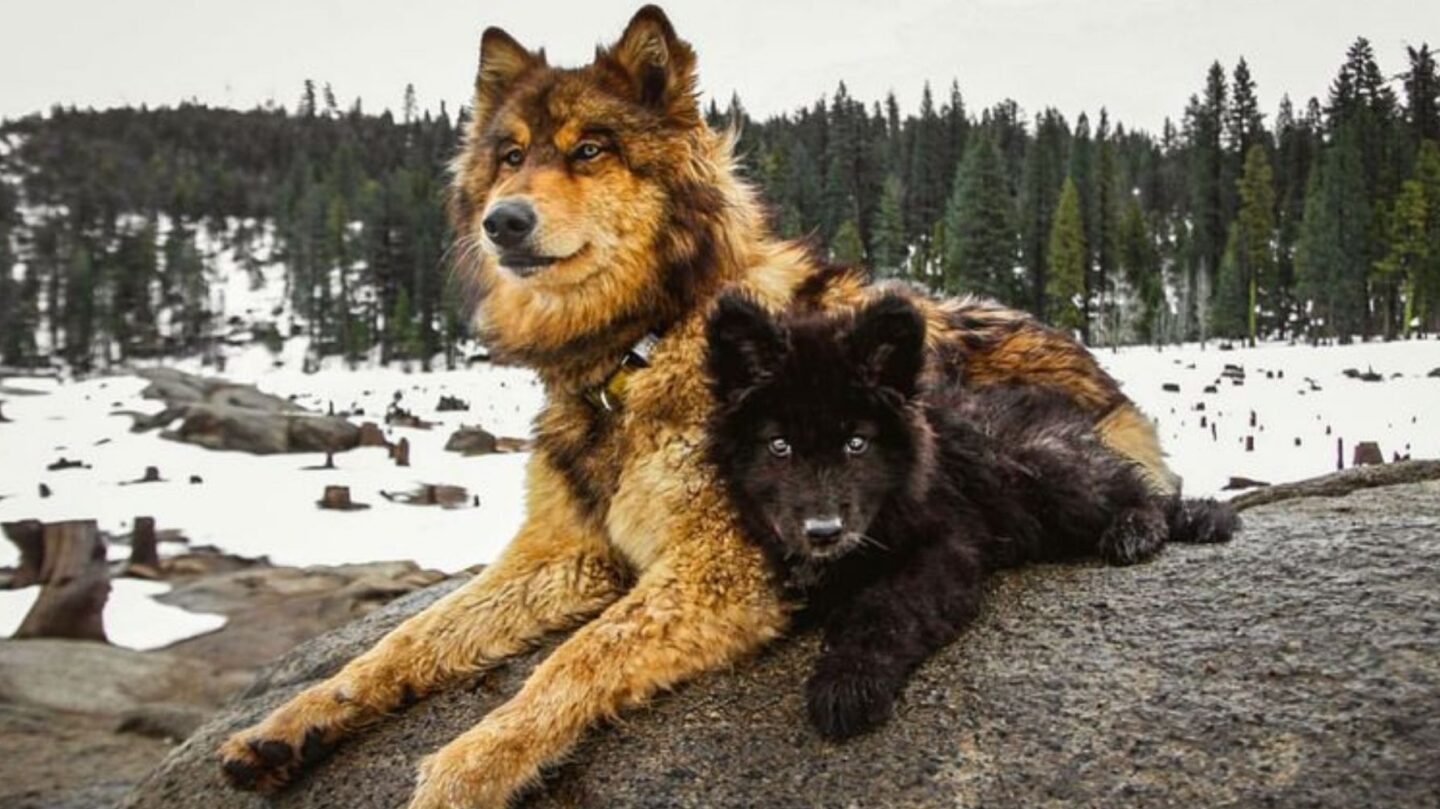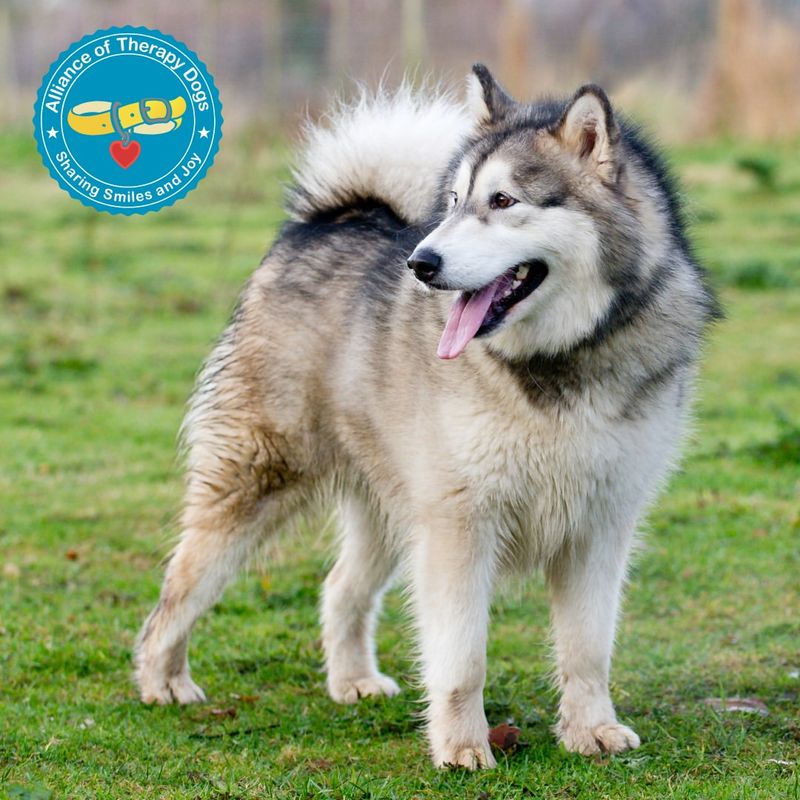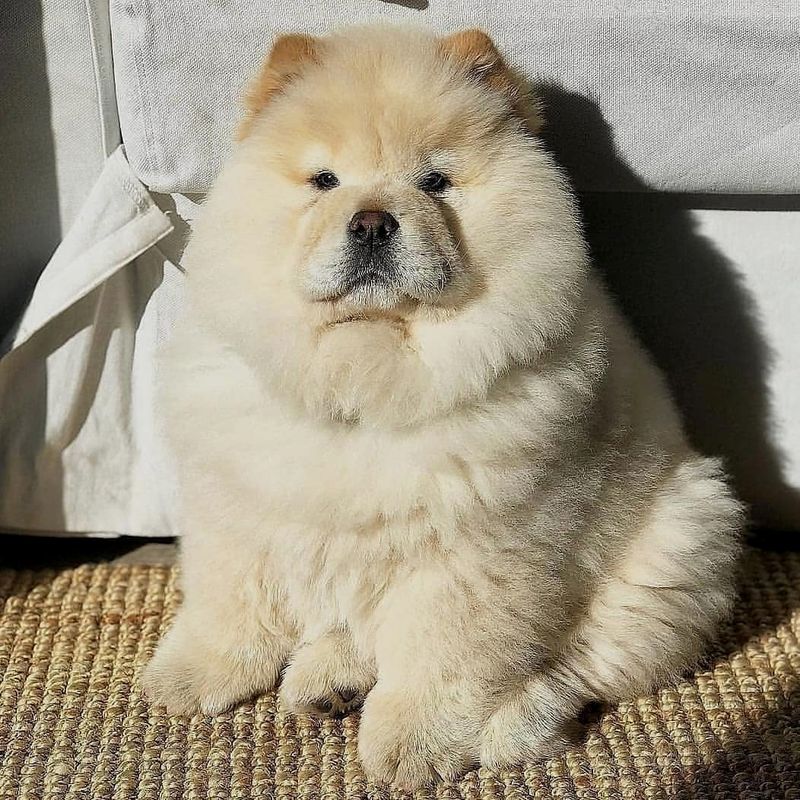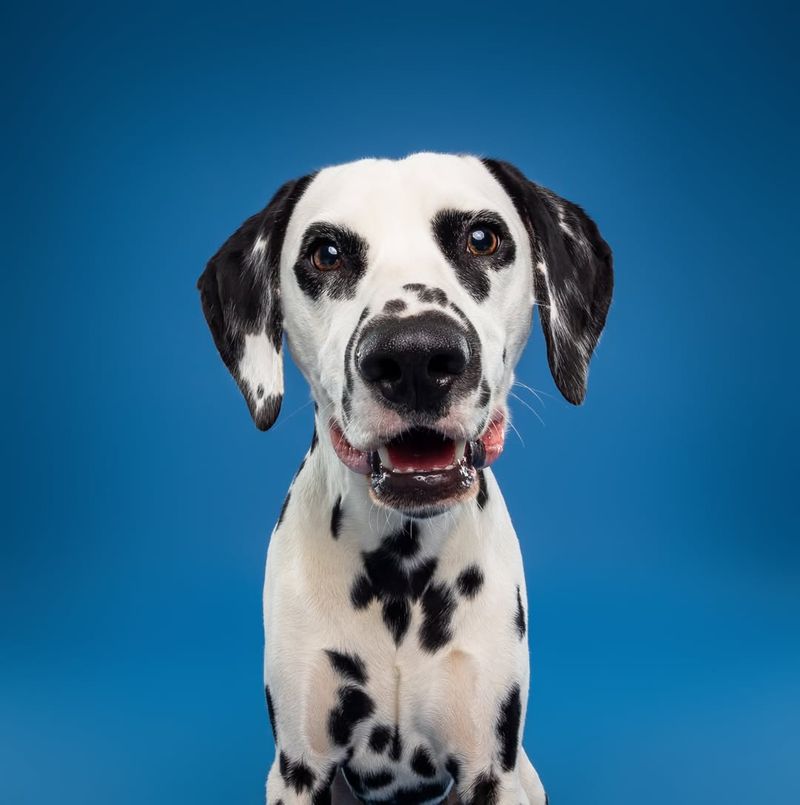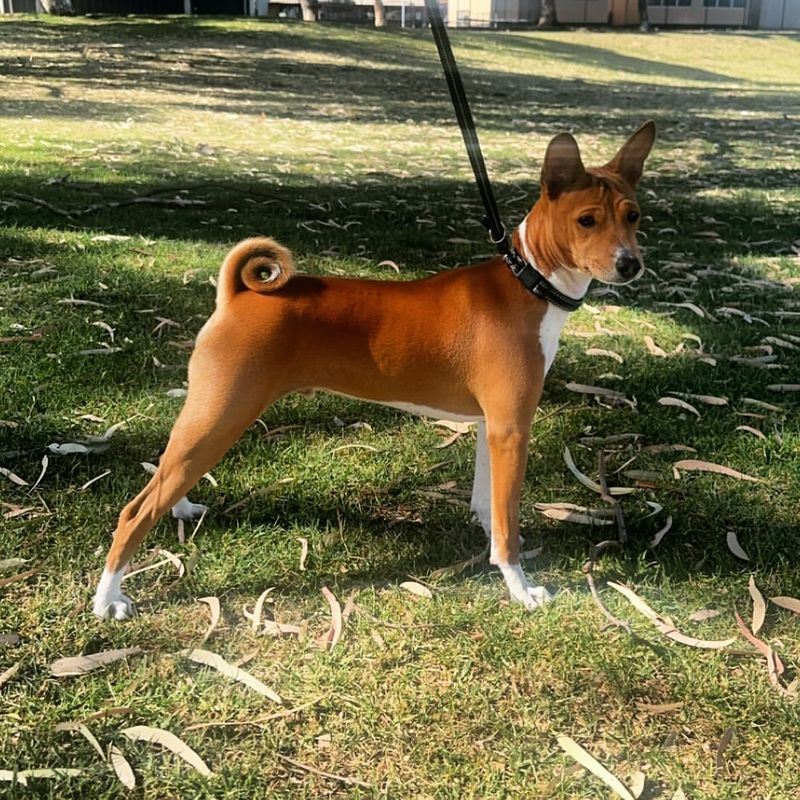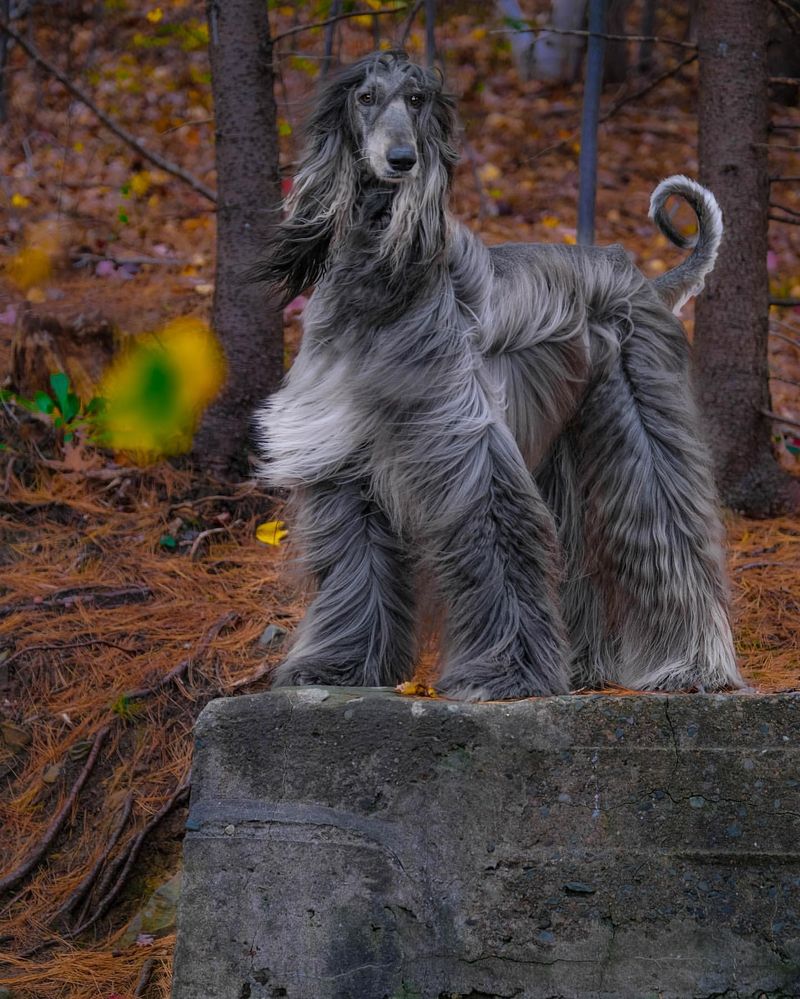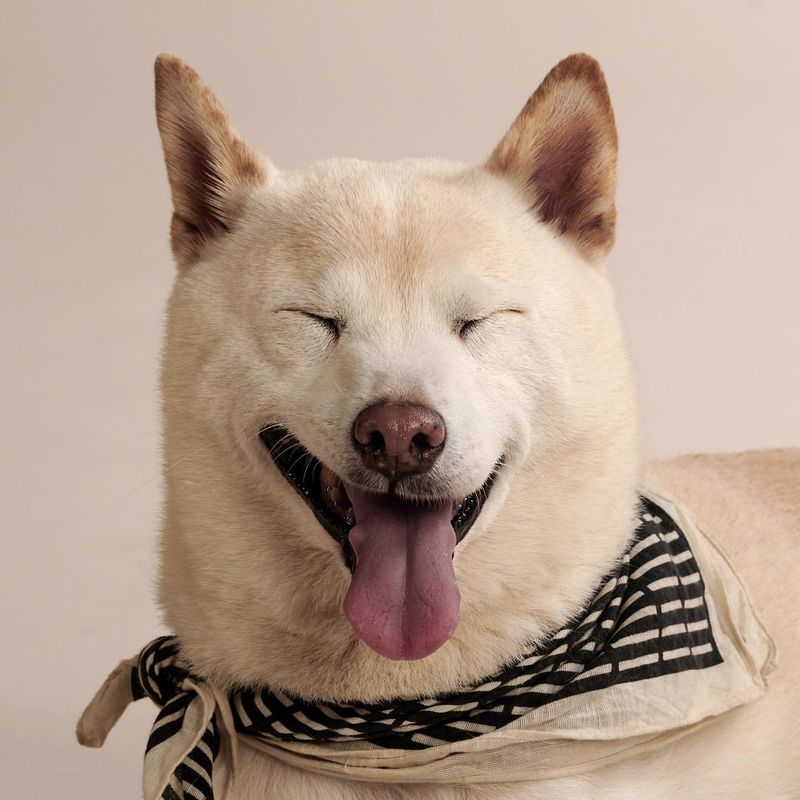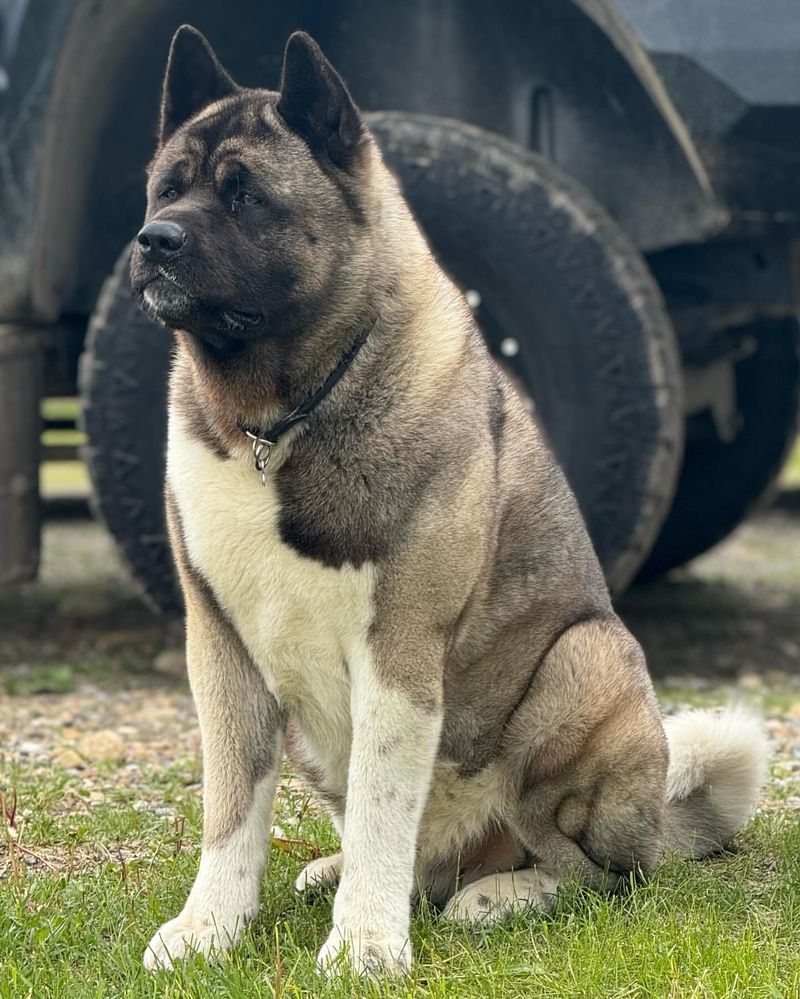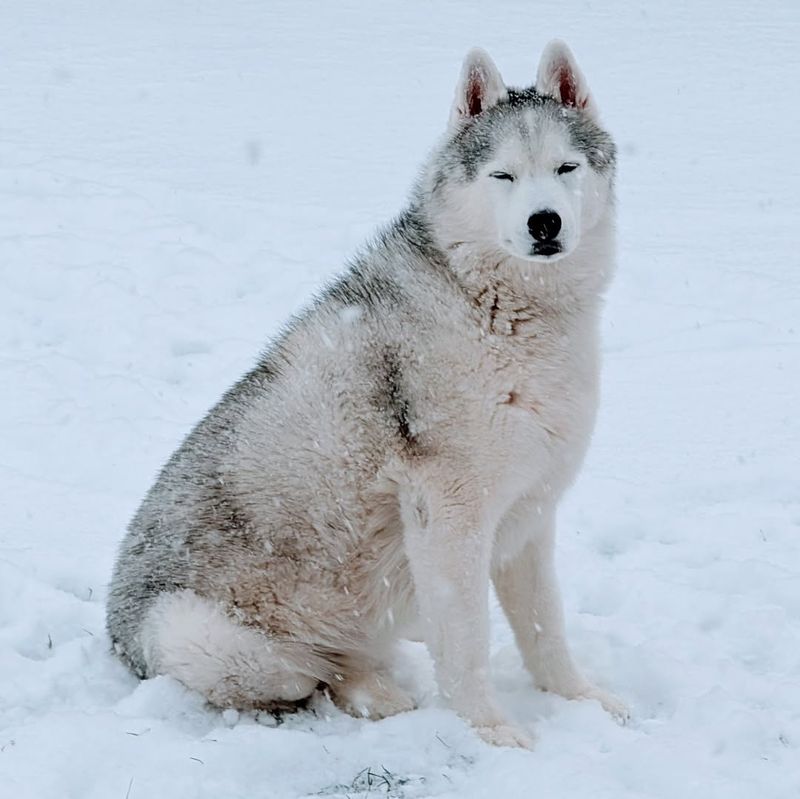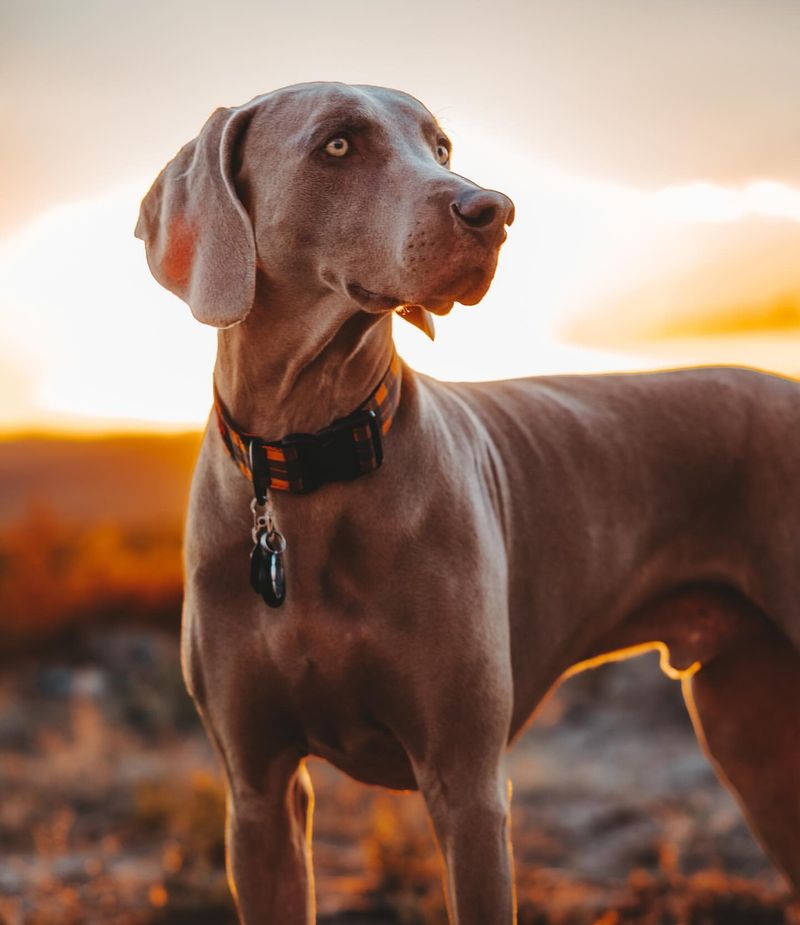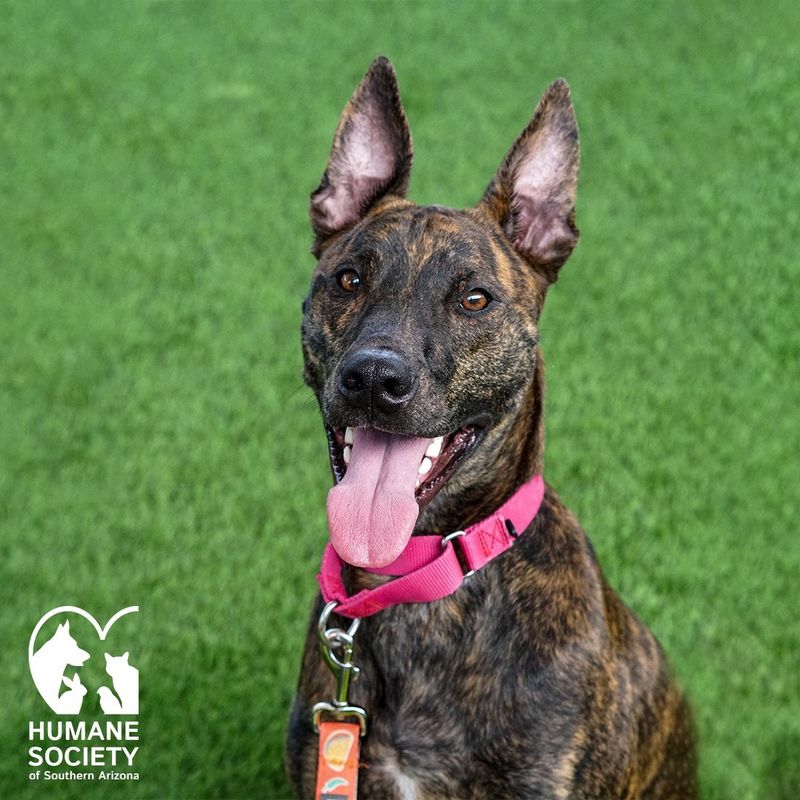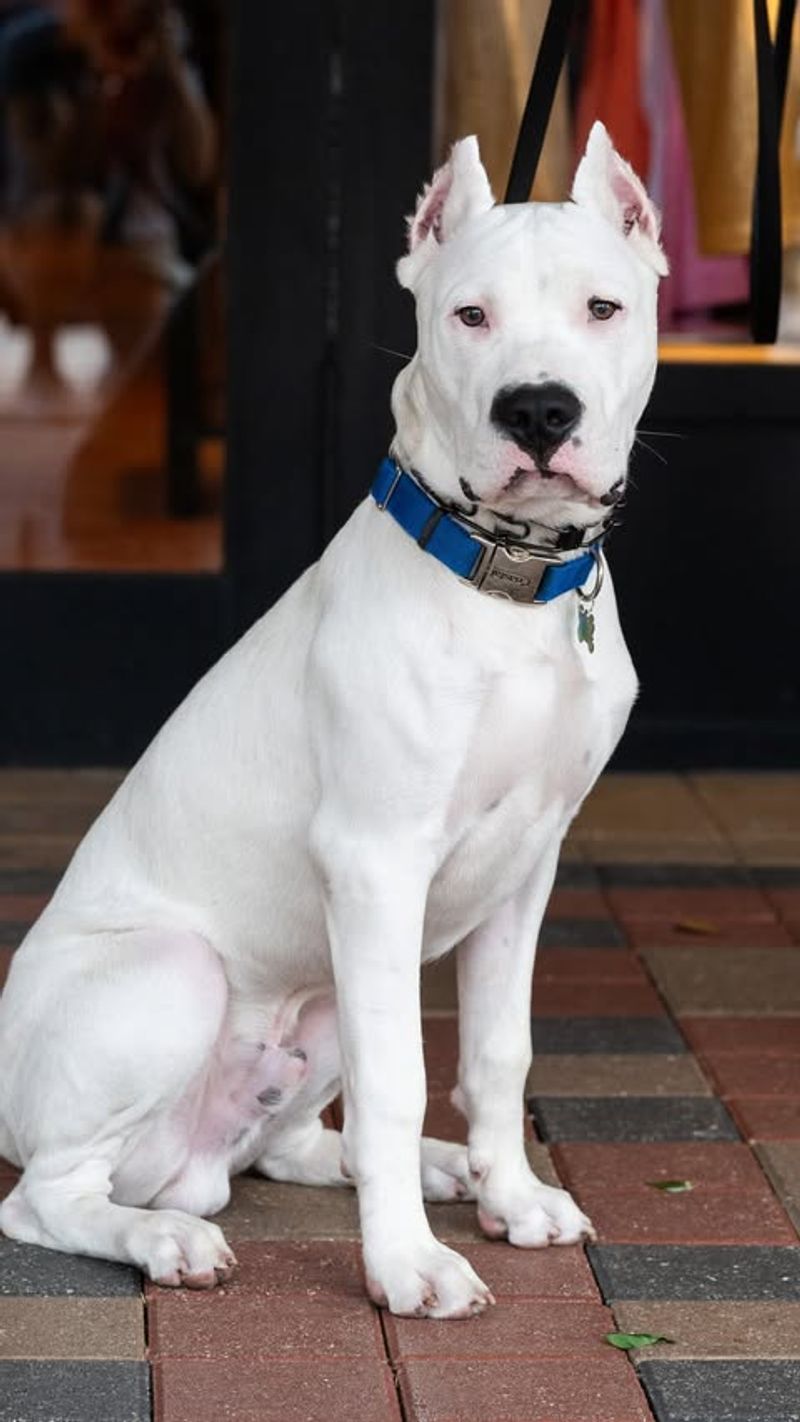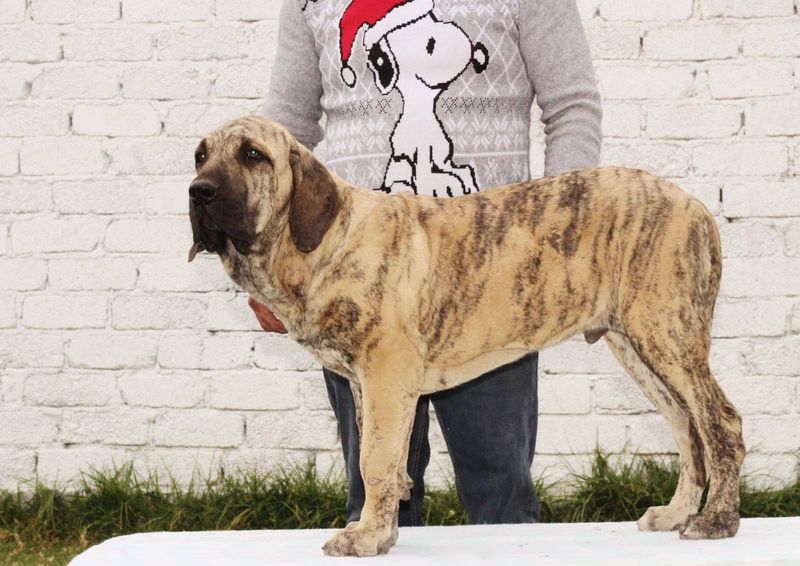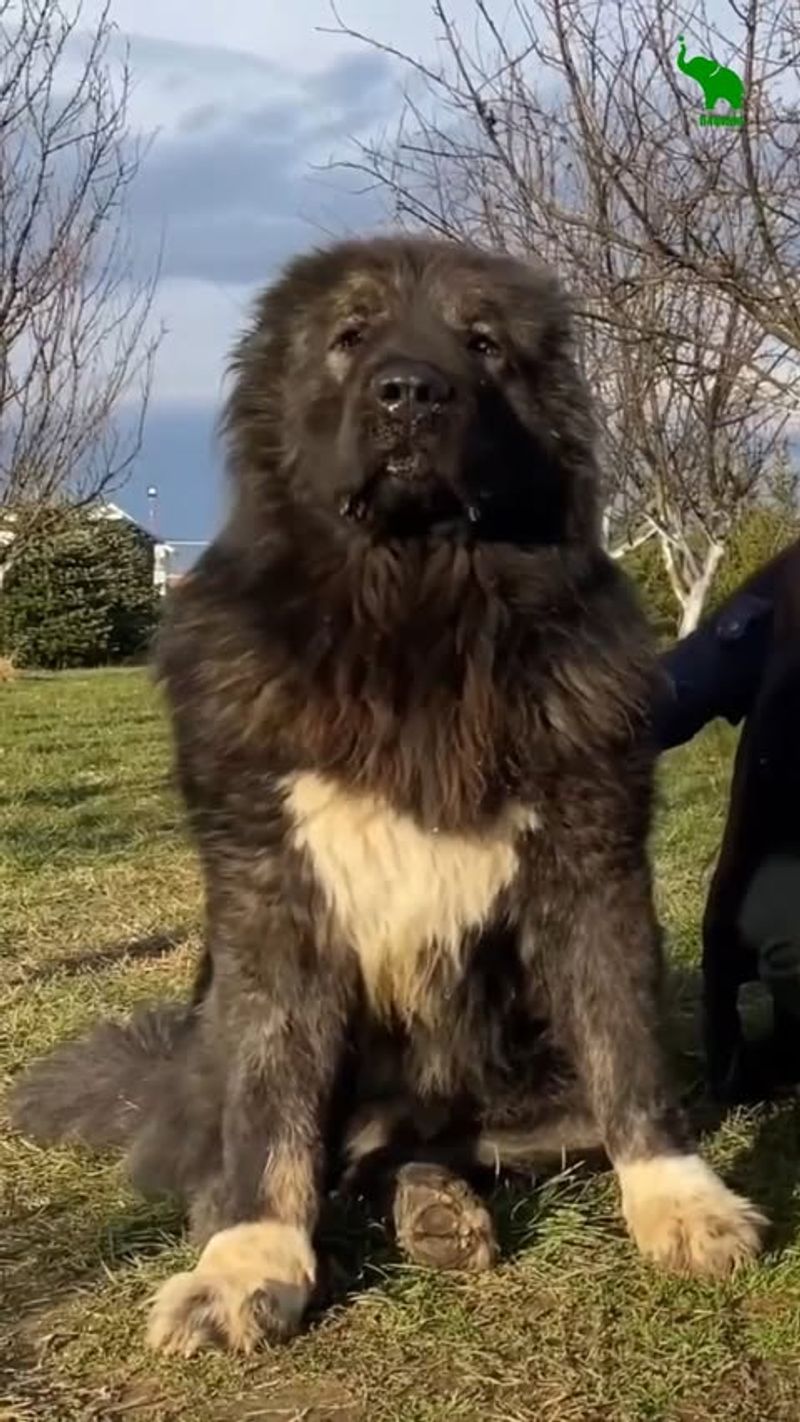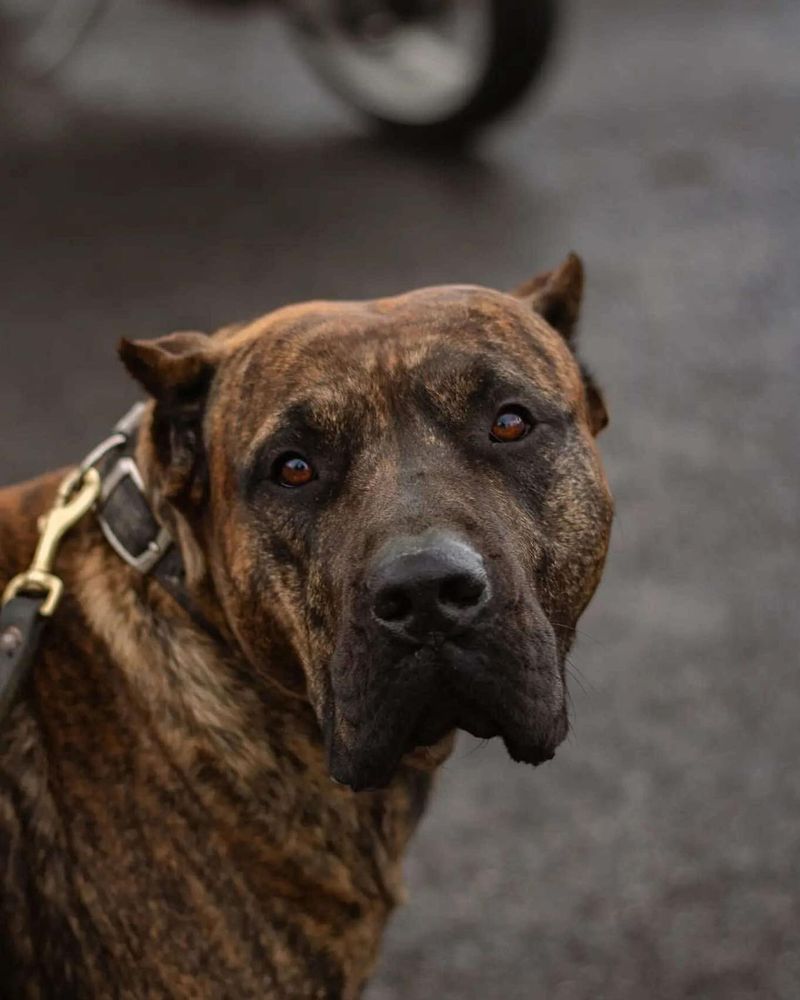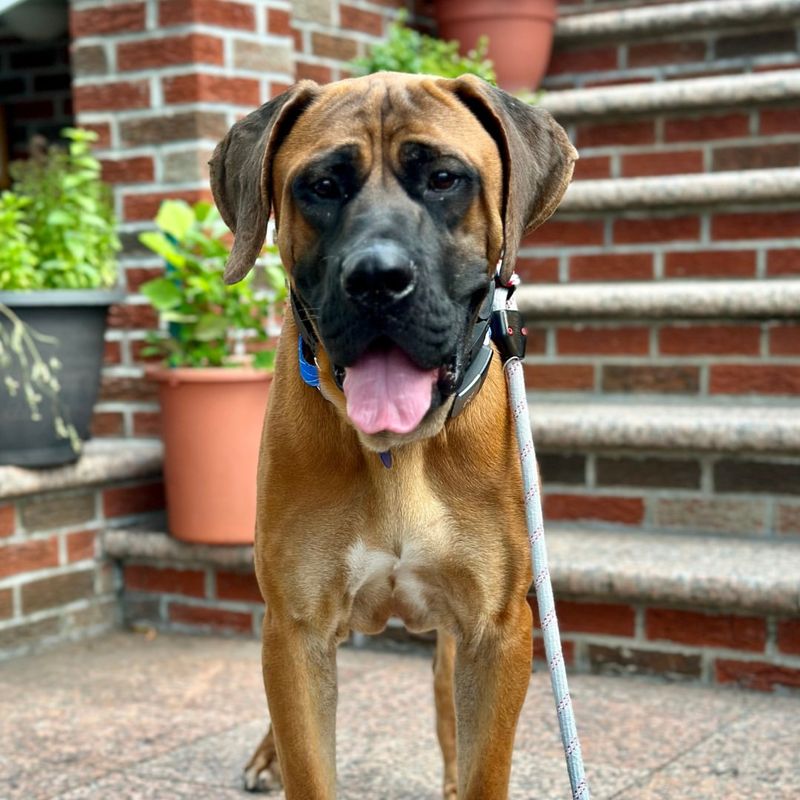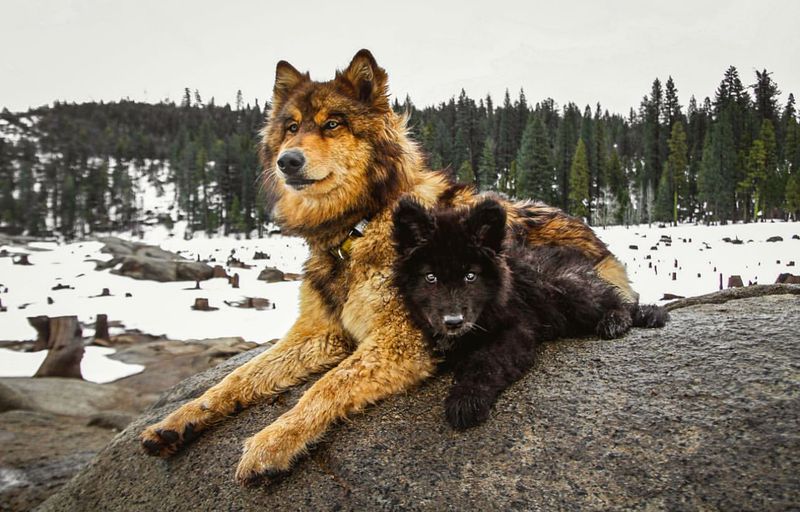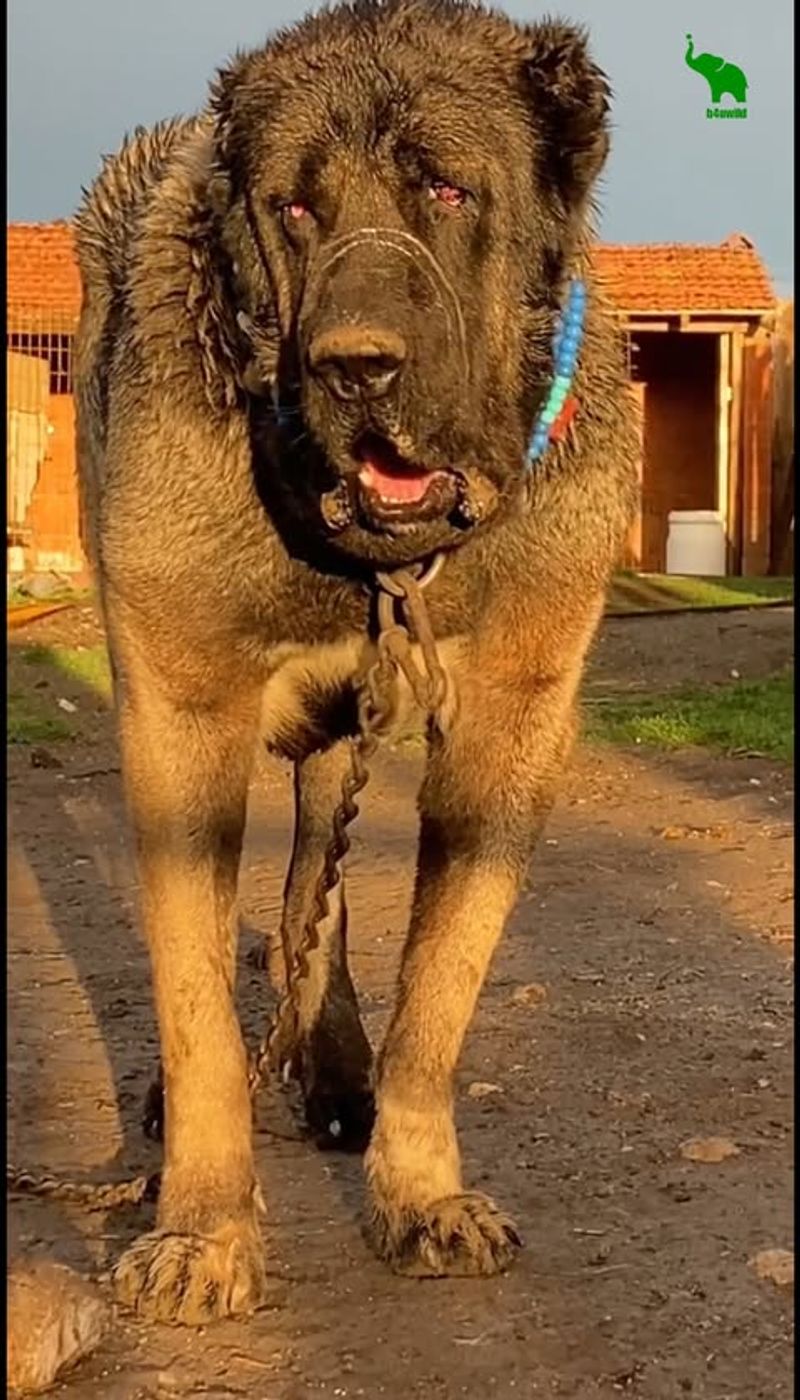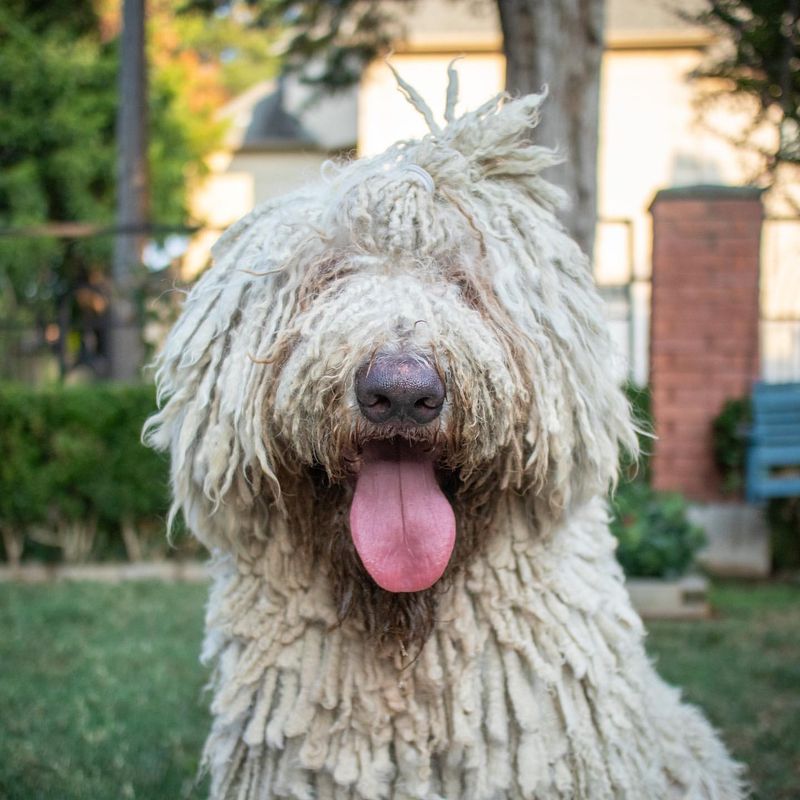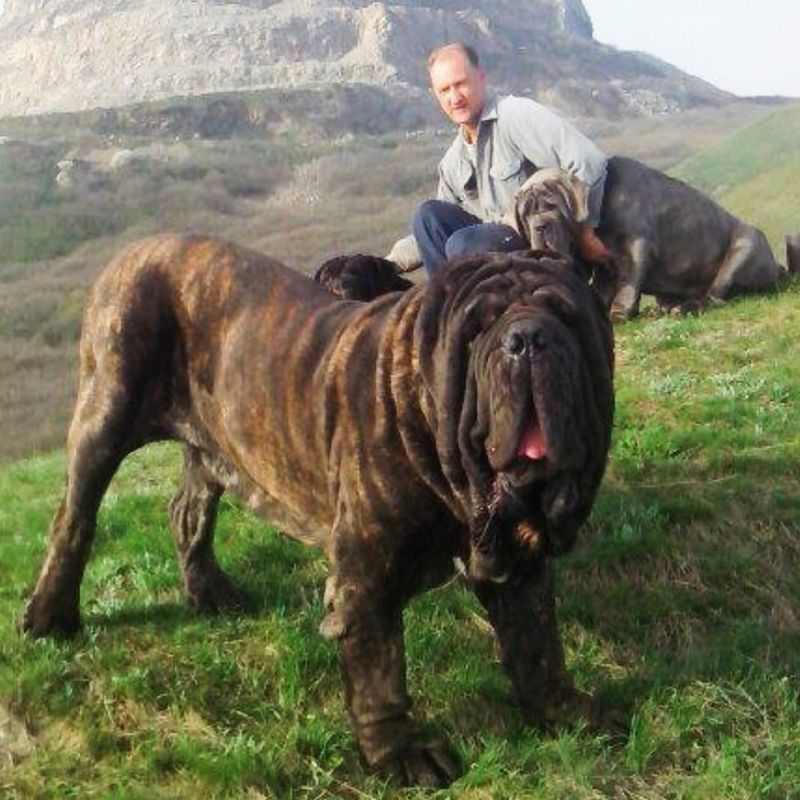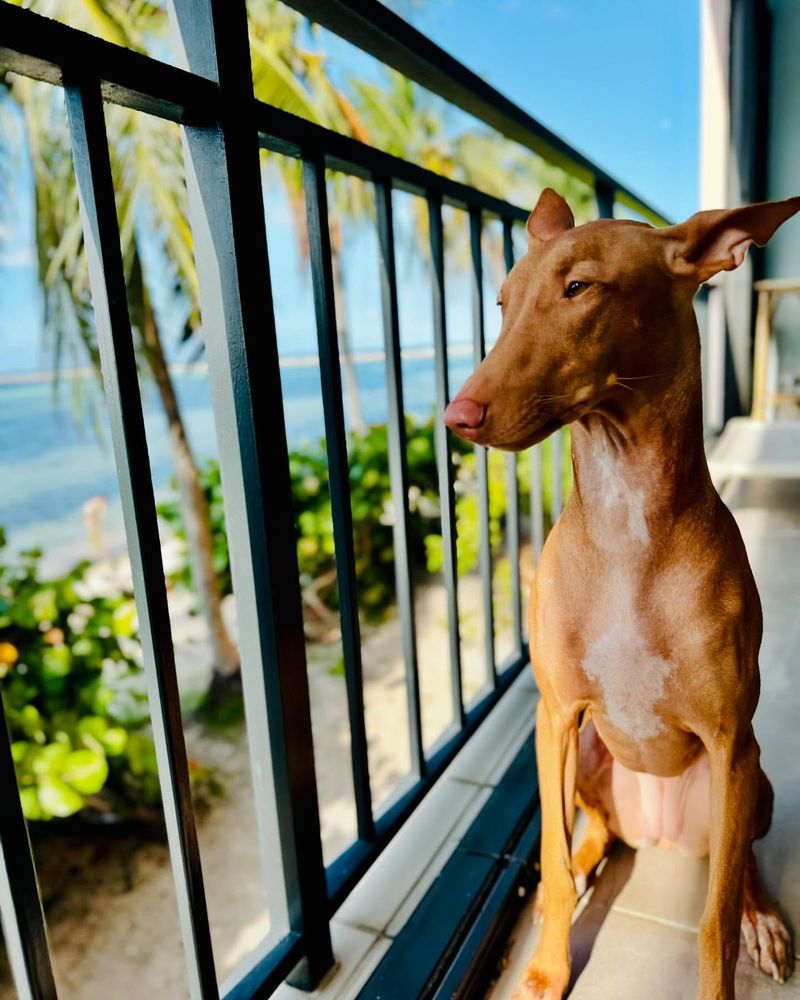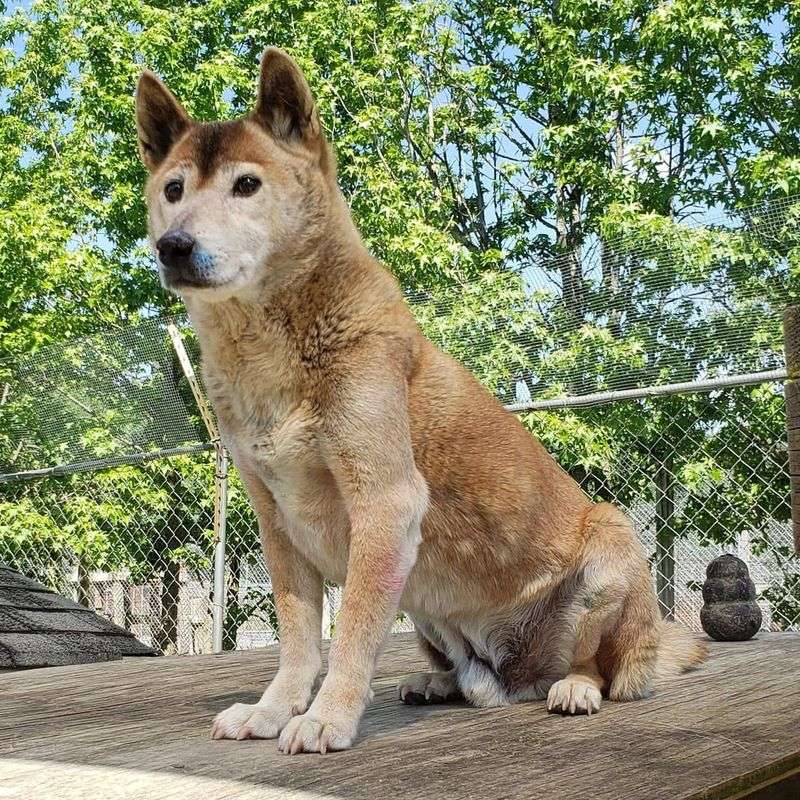Not all dog breeds are a good fit for domestic living. Some breeds have specific needs or characteristics that can make them challenging as household pets. In this post, we’ll explore 21 dog breeds that might not be the best choice for a home environment. Each has unique traits that potential dog owners should be aware of before considering them as a pet.
Alaskan Malamute
The Alaskan Malamute is a strong, independent breed known for its stamina and strength. Originally bred for pulling sleds, these dogs require a lot of physical exercise and mental stimulation.
Their independent nature means they may not always be obedient, making training a challenge. Additionally, their high energy levels and need for space can be difficult to manage in a typical household setting.
Without proper outlets for their energy, Malamutes can become destructive. Potential owners should consider if they can meet the breed’s substantial exercise and training needs before adoption.
Chow Chow
Chow Chows are known for their distinctive appearance and aloof nature. These dogs are often more aloof and reserved than other breeds, which can be misinterpreted as unfriendly.
With their strong protective instincts, they can be wary of strangers, which may lead to aggressive behavior without proper socialization. They require experienced handlers who understand their unique temperament.
Furthermore, Chow Chows need regular grooming due to their thick coat, which can be cumbersome for some owners. This breed is best for those who appreciate their independent nature and can invest in proper training.
Dalmatian
Dalmatians are active, intelligent dogs known for their iconic spotted coat. They require significant physical and mental stimulation to stay happy.
Without sufficient exercise and engagement, they can become restless and develop behavioral issues. Their energy levels make them more suitable for active families who can provide regular play and exercise.
Additionally, Dalmatians are prone to certain health issues like deafness and urinary stones, which require careful attention. Prospective owners should understand the commitment needed to keep a Dalmatian healthy and well-behaved in a domestic environment.
Basenji
The Basenji is often referred to as the “barkless dog” due to its unique vocalizations. Despite this, they are far from silent, often making various noises that can be surprising.
Basenjis are independent and curious, traits that can lead to mischievous behavior if not properly managed. They require a lot of mental stimulation and exercise.
Their independence means they may not always respond well to commands, making training challenging. This breed is best suited for experienced owners who can provide the structure and activity level they need.
Afghan Hound
Afghan Hounds are known for their elegance and dignified appearance. Despite their beauty, they are not always the easiest pets to manage.
They have a high prey drive and can be aloof with strangers, requiring proper socialization from an early age. Their independent nature can also make training a challenge, often needing a patient owner.
Grooming is another important aspect, as their long, silky coats require regular maintenance. Owners should be prepared to invest time in grooming and understand the breed’s unique personality traits before bringing an Afghan Hound home.
Shiba Inu
Shiba Inus are small, agile dogs with a spirited personality. They are known for being independent and often have a strong-willed nature.
While they are loyal to their owners, they can be aloof and wary of strangers. This breed requires early socialization and training to ensure they are well-behaved.
Shiba Inus also have a strong prey drive, which can make them unsuitable for homes with small pets. Their stubbornness can make training challenging, so they are best suited for experienced dog owners who can provide firm guidance.
Akita
Akitas are large, powerful dogs with a noble and intimidating presence. They are known for their loyalty and protective nature.
However, they can be aloof and wary of strangers, requiring proper socialization to prevent aggressive behavior. Akitas need experienced handlers who can provide consistent training and leadership.
They also have a strong prey drive, which can make them incompatible with small pets. Potential owners should be prepared to meet their substantial exercise needs and understand the breed’s dominant personality to ensure a harmonious living environment.
Siberian Husky
Siberian Huskies are energetic and free-spirited dogs known for their striking appearance. They require a lot of exercise and mental stimulation to keep them happy.
Their independent nature can make training a challenge, as they often have a mind of their own. Huskies are also notorious escape artists, requiring secure fencing to prevent them from wandering off.
Additionally, their high energy levels can be overwhelming for some owners. They are best suited for active individuals or families who can provide the physical and mental engagement they crave.
Weimaraner
Weimaraners are large, athletic dogs known for their stamina and strong hunting instincts. They require plenty of exercise and mental stimulation.
Without adequate outlets for their energy, they can become restless and develop behavioral problems. Their strong prey drive can make them unsuitable for homes with small animals.
Socialization and training are crucial to ensure they are well-mannered companions. Potential owners should be ready to meet the breed’s exercise demands and understand the commitment involved in keeping a Weimaraner as a pet.
Belgian Malinois
Belgian Malinois are intelligent, high-energy dogs often used in police and military work. They require significant physical and mental stimulation.
Without proper exercise and engagement, they can become bored and develop destructive behaviors. Their intelligence and drive make them best suited for experienced handlers who can provide structured training.
The Malinois’ strong protective instincts mean they require socialization to prevent aggression towards strangers. They thrive in active households where they have a job to do, making them less suitable for typical domestic settings.
Dogo Argentino
The Dogo Argentino is a powerful breed with a strong protective instinct. Originally bred for big game hunting, they require an experienced handler.
They can be territorial and may exhibit aggressive behavior if not properly socialized. Consistent training and strong leadership are essential to manage their dominant nature.
Dogos are best suited for owners who understand their temperament and can provide the necessary structure. They require a lot of exercise and mental stimulation, making them a challenging breed for inexperienced dog owners.
Fila Brasileiro
Fila Brasileiros are known for their loyalty and protective instincts. They are often wary of strangers, which can make them unsuitable for homes with frequent visitors.
Their strong guarding instincts require experienced handlers who can provide consistent training and socialization. Without proper management, they can become aggressive.
Due to their size and strength, they need plenty of space and exercise. They are best suited for rural environments or homes with large yards, rather than typical suburban settings.
Caucasian Shepherd Dog
Caucasian Shepherd Dogs are known for their size and protective nature. They are often used as livestock guardians and require an experienced handler.
Their independence and strong-willed personality can make them challenging pets for inexperienced owners. They need proper socialization to prevent aggression towards strangers.
Additionally, their large size means they require plenty of space and exercise. Potential owners should be prepared to invest time in training and understand the commitment needed to manage such a powerful breed.
Perro de Presa Canario
Perro de Presa Canarios are powerful dogs with a strong guarding instinct. They require experienced handlers who can provide firm leadership and training.
Without proper management, they can become dominant and aggressive, making them unsuitable for novice owners. Socialization is crucial to ensure they are well-adjusted pets.
Their size and strength mean they need plenty of space and exercise. Owners should be prepared to invest in their training and understand the breed’s unique temperament to ensure a safe and happy environment.
Tosa Inu
The Tosa Inu is a large, powerful breed originally used for dog fighting in Japan. They require experienced handlers who understand their dominant nature.
Without proper training and socialization, they can become aggressive, especially towards other dogs. Consistent leadership is essential to manage their strong-willed personality.
Due to their size and strength, Tosas need plenty of space and exercise. They are best suited for owners who can provide the structure and guidance necessary to manage such a formidable breed. Careful consideration is required before bringing a Tosa Inu into a home.
Wolfdog
Wolfdogs are hybrids between domestic dogs and wolves, inheriting traits from both species. They often retain many wild instincts, making them challenging pets.
Their unpredictable nature requires experienced handlers who understand their unique needs. Proper socialization and training are crucial to manage their behavior.
Wolfdogs are not suitable for typical households, as they require special care and attention. They need large, secure enclosures and plenty of space to roam. Potential owners should understand the complexities of keeping a Wolfdog and the commitment involved.
Kangal
Kangals are known for their size and protective nature. Originally used as livestock guardians, they require experienced handlers.
Their strong guarding instincts can lead to aggressive behavior if not properly managed. Socialization and training are essential to ensure they are well-mannered companions.
Due to their size and strength, Kangals need plenty of space and exercise. They are best suited for rural environments, where they can have a job to do. Potential owners should be prepared to meet the breed’s needs and understand their unique temperament.
Komondor
Komondors are known for their distinctive corded coats and protective nature. They are often used as livestock guardians and require experienced handlers.
Their strong protective instincts can lead to aggressive behavior if not properly managed. Socialization and training are crucial to ensure they are well-adjusted pets.
Grooming is another important aspect, as their unique coats require regular maintenance. Potential owners should understand the commitment needed to care for a Komondor and be prepared to invest time in their training and grooming.
Neapolitan Mastiff
Neapolitan Mastiffs are known for their massive size and protective instincts. They require experienced handlers who understand their dominant nature.
Their guarding instincts can lead to aggressive behavior if not properly managed. Socialization and training are essential to ensure they are well-mannered companions.
Due to their size and strength, they need plenty of space and exercise. Potential owners should be prepared to invest time in training and understand the commitment needed to manage such a powerful breed. They are best suited for those who appreciate their unique appearance and personality.
Pharaoh Hound
Pharaoh Hounds, with their sleek build and hunting instincts, are graceful but require specialized care. Known for their exceptional speed, they love to chase, which can be challenging in urban areas.
This breed’s intelligence and independent nature demand patient training techniques. Their sensitivity to cold weather means they thrive in warmer climates.
Potential owners should be ready to engage them in frequent play and mental exercises. Without these, Pharaoh Hounds may become bored and exhibit unwanted behaviors. They need a committed owner who appreciates their unique characteristics and provides a stimulating environment.
New Guinea Singing Dog
New Guinea Singing Dogs are rare and not typically kept as pets. Their wild origin makes them challenging companions, as they retain many primitive traits.
Their unique singing vocalizations and high energy levels require special handling and an environment that mimics their natural habitat. These dogs are best suited to sanctuaries or conservation centers.
They do not adapt well to typical home settings, needing experienced handlers to manage their wild instincts. Prospective owners must understand the commitment involved in caring for such a unique and demanding breed, one that thrives in a more natural, expansive setting.
